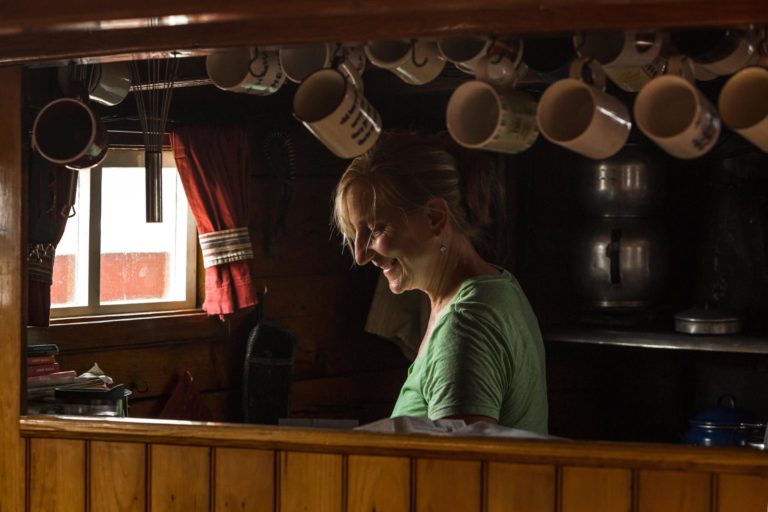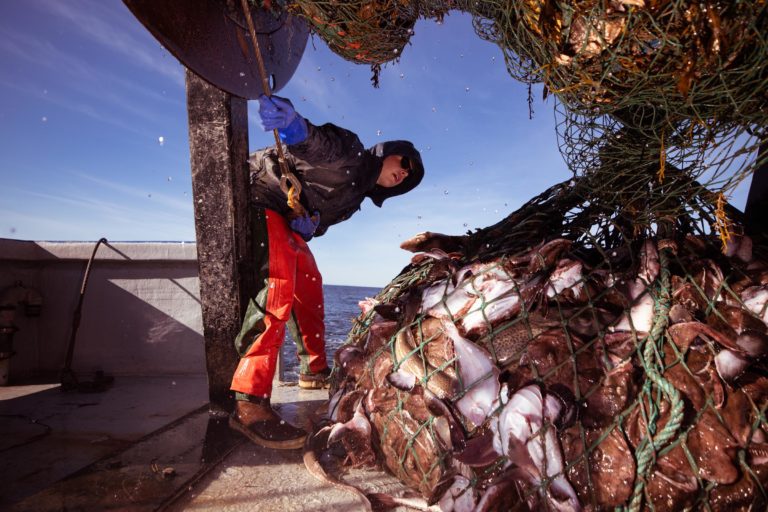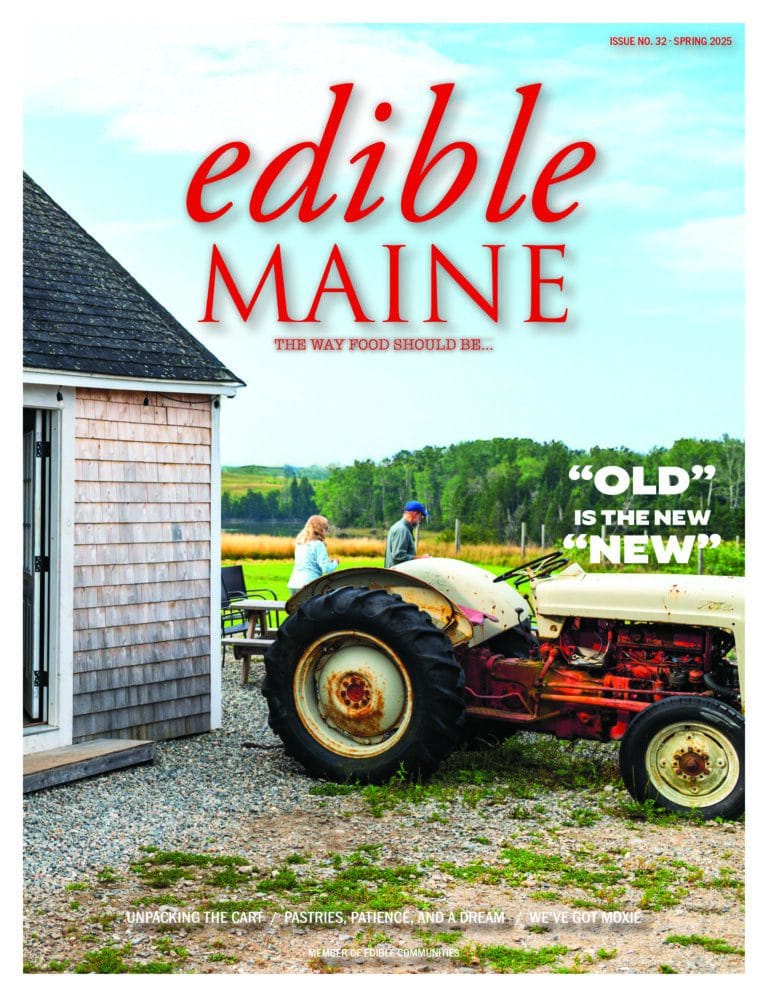- Maine Grains (MG) is celebrating its 10th year of operating a gristmill inside a refurbished Skowhegan jailhouse. Its mission is to revive Maine grains (the crop) as a catalyst for economic development and regenerative agriculture in the region.
- The idea to operate a local mill to process Maine grains was first discussed by baking enthusiasts at the inaugural Kneading Conference in 2007. The 2022 conference will run July 25–30. Find the schedule at kneadingconference.com.
- At its historical peak circa 1837, Somerset County, where Skowhegan is located, harvested 14.3 million pounds of wheat, enough to feed 100,000 people. (Fact check: https://www.theguardian.com/sustainable-business/2014/nov/19/maine-local-food-farming-grains )
- Before MG got its Austrian-made, wood-and-stone gristmill up and running on September 8, 2012, Maine grains were last milled in Skowhegan in 1955, when the Spaulding & Watson mill stopped processing grain into animal feed. (Fact checking link is: https://www.centralmaine.com/2012/12/29/grind-local-grist-millers-tap-old-skills_2012-12-29/ )
- To date, MG has purchased 9.4 million pounds of Maine grains from 45 local farmers, keeping millions of dollars circulating inside the state’s food economy.
- MG’s campus also houses The Miller’s Table restaurant, Crooked Face Creamery, pizza dough maker The Good Crust, and the Skowhegan Farmers Market.
- MG’s best-selling products are sifted all-purpose flour, rolled oats, and pearled farro.
- MG has encouraged farmers to grow heritage Maine grains like einkorn, kamut, oland, red fife, and sirvinta to increase biodiversity.
- In 2019, MG began selling rotation crop beans (black, Jacob’s cattle, cayenne, kidney, marfax, pinto, and yellow eye) to provide a market for farmers who want to rotate nitrogen-fixing, soil-enriching legumes into their wheat fields.
- MG is working with University of Maine food production specialists on a line of baking and seasoned grain products geared toward cooks who want to easily cook Maine grains at home.













